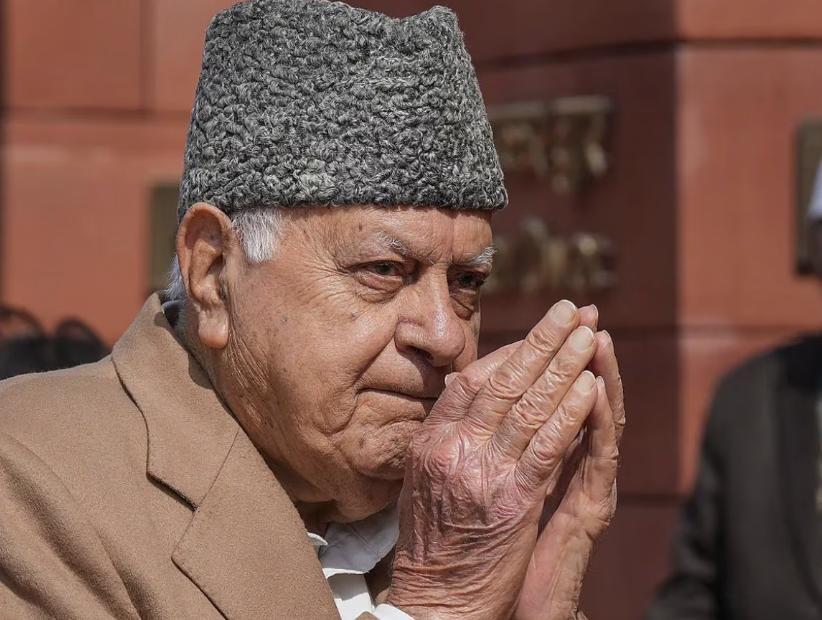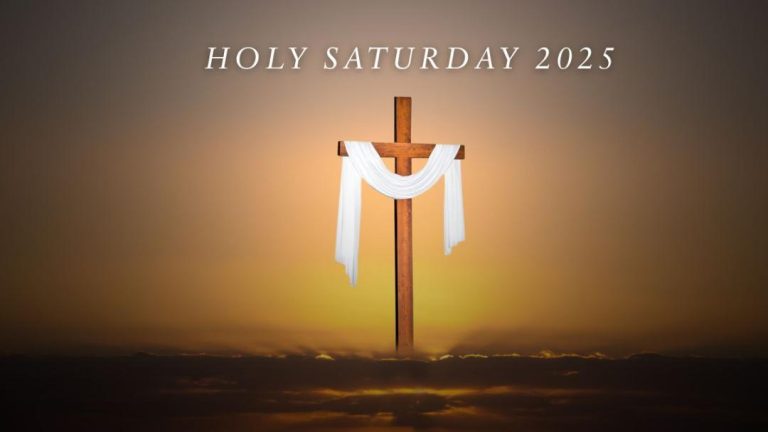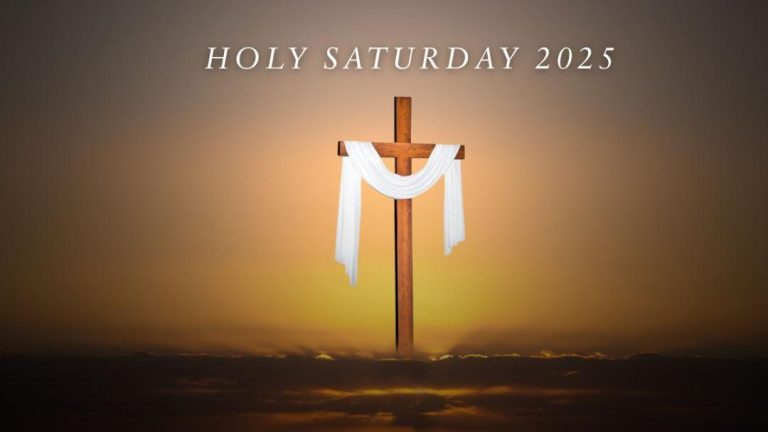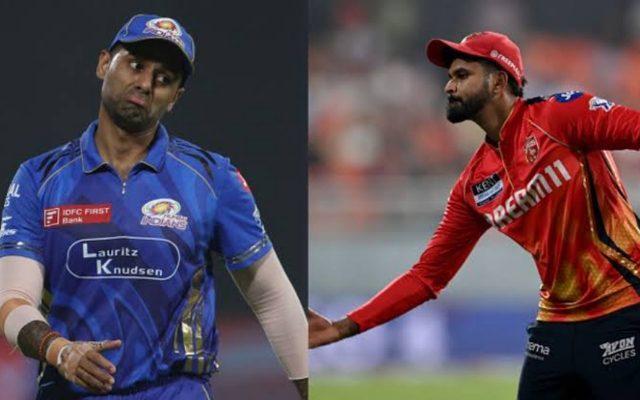
Ex-R&AW chief Dulat claims Farooq privately backed Article 370 abrogation, he denies
The abrogation of Article 370, which granted special status to Jammu and Kashmir, has been a contentious issue in India since the Modi government’s decision to scrap it in August 2019. The move was met with widespread protests and criticism from various quarters, including political leaders from the region. Now, a new revelation has emerged, claiming that former Jammu and Kashmir Chief Minister Farooq Abdullah privately backed the abrogation of Article 370. However, Abdullah has denied the claim, calling it a “figment of imagination” of the author.
In his new book, “The Chief Minister and the Spy”, former R&AW chief AS Dulat claims that Farooq Abdullah, who was the Chief Minister of Jammu and Kashmir from 1987 to 1990, secretly supported the abrogation of Article 370. According to Dulat, Abdullah’s National Conference (NC) party suggested that the move would have helped in passing the Bill in Parliament.
Dulat, who was the R&AW chief from 1984 to 1990, has written extensively about his experiences and interactions with various political leaders in his book. In the book, he claims that Abdullah had a private meeting with him in which he discussed the possibility of scrapping Article 370. Dulat claims that Abdullah told him that his party’s support for the move would be beneficial for the region.
However, Farooq Abdullah has denied the claim, saying that it is a “figment of imagination” of the author. In a statement, Abdullah said, “I have no idea what he is talking about. I am not aware of any such conversation. I think it is a figment of imagination of the author who claims to be my friend.”
Abdullah’s denial has raised questions about the credibility of Dulat’s claim. Critics have pointed out that Dulat’s book is based on his own recollections and may be biased towards his own point of view. On the other hand, supporters of Dulat have argued that his book provides valuable insights into the inner workings of the Indian political establishment and the decisions that were made during his tenure as R&AW chief.
The controversy surrounding Dulat’s claim has sparked a debate about the role of Jammu and Kashmir’s political leaders in the abrogation of Article 370. Some have argued that the move was necessary to bring the region in line with the rest of the country and to remove the special status that was being misused by the political elite. Others have criticized the move, saying that it was a betrayal of the region’s autonomy and a violation of the Constitution.
In the midst of the controversy, the Modi government has refused to comment on Dulat’s claim. The government has maintained that the decision to abrogate Article 370 was taken after careful consideration and consultation with various stakeholders.
The controversy surrounding Dulat’s claim has also raised questions about the future of Jammu and Kashmir. The region has been under lockdown since the abrogation of Article 370, and the situation remains tense. Many have criticized the government’s handling of the situation, saying that it has led to a humanitarian crisis and a loss of trust between the government and the people of the region.
In conclusion, the controversy surrounding Dulat’s claim has sparked a debate about the role of Jammu and Kashmir’s political leaders in the abrogation of Article 370. While Dulat claims that Farooq Abdullah privately backed the move, Abdullah has denied the claim, saying that it is a “figment of imagination”. The controversy has raised questions about the credibility of Dulat’s claim and the role of Jammu and Kashmir’s political leaders in the region’s future.
Source: https://repository.inshorts.com/articles/en/PTI/5880e3bf-0a05-40d6-887a-465b5c760b3a






